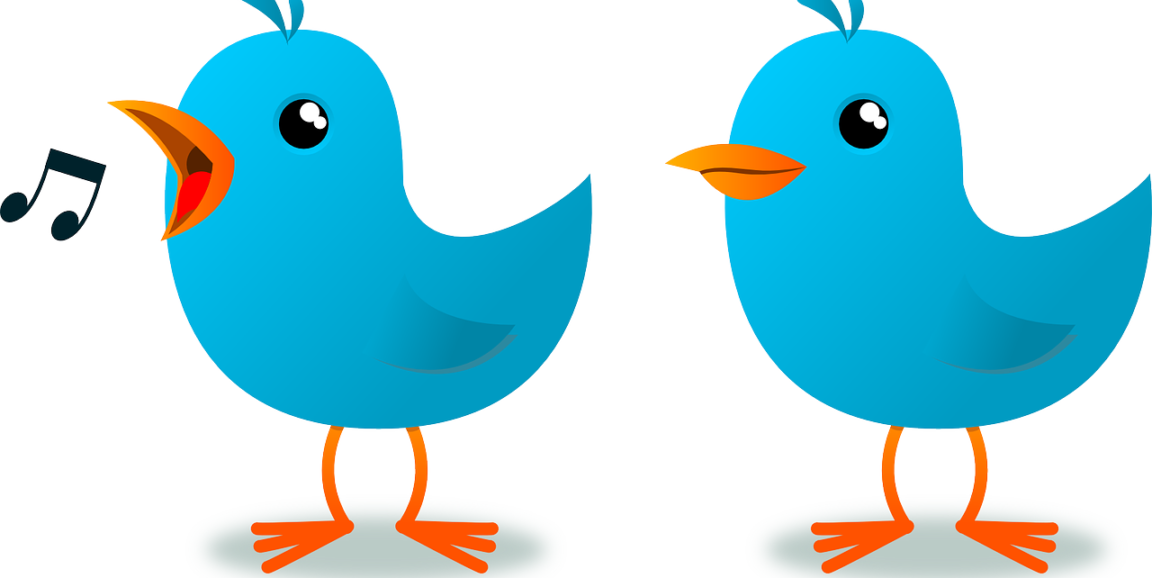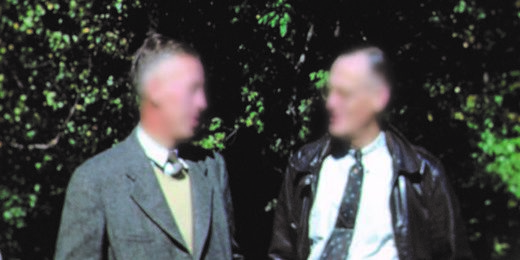My typical Twitter output comprises an admixture of addiction research findings, health policy analyses and excruciating puns. I see Twitter as part diversion, part efficient method to learn what my colleagues are up to, but in no way something that could take over my life.
Until recently, that is.
On a Sunday evening, I jotted down some doubts I had been having about many Americans' willingness to comply with a potential national coronavirus test, trace and isolate program. I particularly felt that some leading, justly-admired, public health experts were overestimating how broadly shared their core political assumptions are in America -- e.g., that in a public health emergency, individual autonomy and privacy need to take a back seat, and more generally, that expansions of government should be welcomed as a force for good.
I decided my thoughts were not interesting enough to turn into an op-ed at The Washington Post, my usual outlet for such things. So I humbly tweeted them out the following morning to see if perhaps a few informed people would offer some feedback.
Going viral
Within an hour of sending out my 9-tweet thread, I received a message from Twitter. They wanted to know if they should set a filter to slow down "notifications" that individuals were liking, retweeting, responding to or quoting my tweet. Surprised, I re-opened the app and started trying to reply to the flood of messages. But the notification queue filled up again and again and again. I simply couldn't keep up.
By far the most common response was "I have been thinking the same thing" or the like -- sometimes articulating worries in public allows like-minded people to speak up. I was also struck that many clearly libertarian-minded opponents of governmental coronavirus policies retweeted my thread. It reminded me of my early career experiences as a marriage counselor: when I would simply reflect neutrally what an argument was about, both parties appreciated it because it gave them a sense of being heard and understood, if not necessarily agreed with.
For the rest of the day, I checked Twitter constantly. It was weirdly transfixing to see so many people reacting to what I written. I felt kinship with compulsive gamblers who can't walk away from the slot machine. I should have been writing articles, preparing lectures or reviewing my mentees' work; but instead of walking away from Twitter, I kept looking to see if it had delivered me another jackpot.
"The Humphreys Tweet"
Twitter never sleeps of course, so the thread made the rounds through the night. I awoke to messages from journalists wanting to interview me "about your tweet," and an email from a friend telling me that a national political columnist had already covered my tweet.
I felt akin to the San Diego Zoo's Joan Embery, who would appear on Johnny Carson's Tonight Show with a couple of cute ferrets: "Mr. Carson, my Twitter thread is very shy; but if you pet him, maybe you can get him to tweet for your studio audience."
As my Twitter thread reached its millionth user, my editor at the Post reached out to ask if I wanted to turn my thoughts -- which I had originally deemed too unimportant for an op-ed -- into an op-ed (which I did). By the day after that, Twitter users with truly massive followings, like Paul Krugman and David Frum and Tom Nichols, were tweeting out threads in response to my thread. This led to another avalanche of Twitter responses, as well as another round of journalists calling to interview me about, yes, "my tweet".
The most bizarre part was people referring to "The Humphreys Tweet" as if it were a new Robert Ludlum novel.
The rewards of obscurity
Having a week of my life eaten by a tweet led me to reflect on Oscar Wilde's claim that the one thing worse than being talked about is not being talked about. I think that undersells the rewards of obscurity. Widespread attention and praise from strangers, like many other dopamine blasts to the nucleus accumbens, is a high which fades rather quickly.
I genuinely enjoyed feeling a part of an important national conversation for a few days, but it then became exhausting and distracting. By the weekend, I was more than content to return to tweeting dad jokes back and forth with a few Twitter friends.
Which reminds me: You shouldn't be surprised that so many marriages between professional tennis players end in divorce...love means nothing to those people.
Addiction expert Keith Humphreys, PhD, is the Esther Ting Memorial Professor of Psychiatry and Behavioral Sciences at Stanford Medicine and a career research scientist at the Palo Alto VA. He can be followed on Twitter at @KeithNHumphreys.
Photo by Clker-Free-Vector-Images






